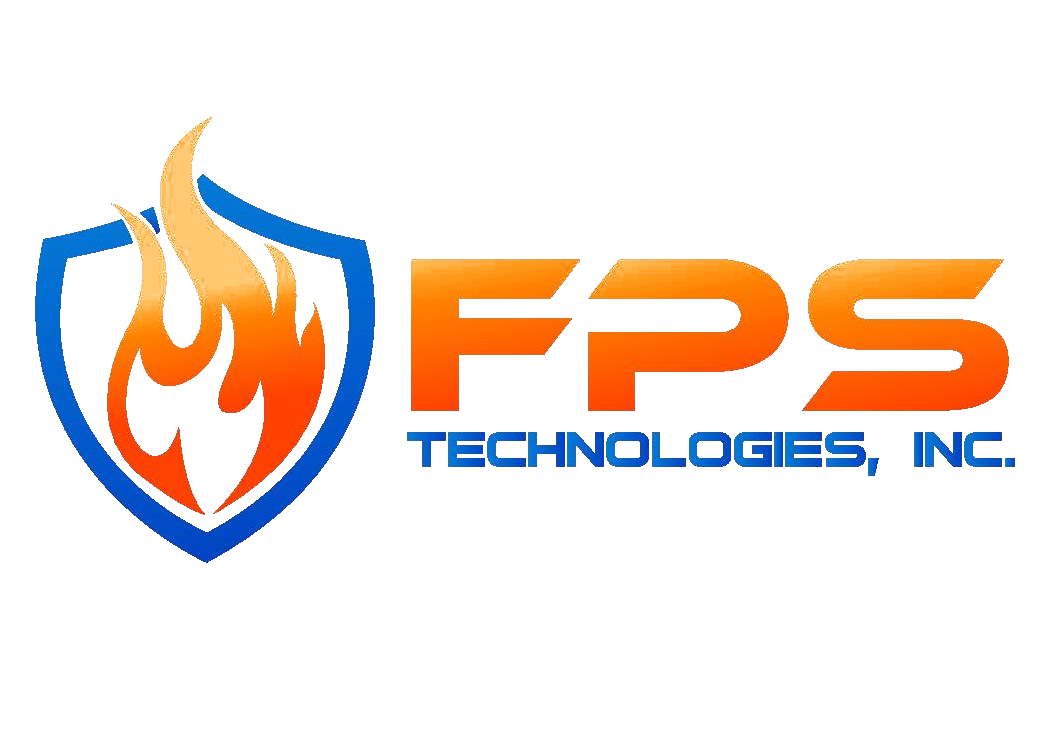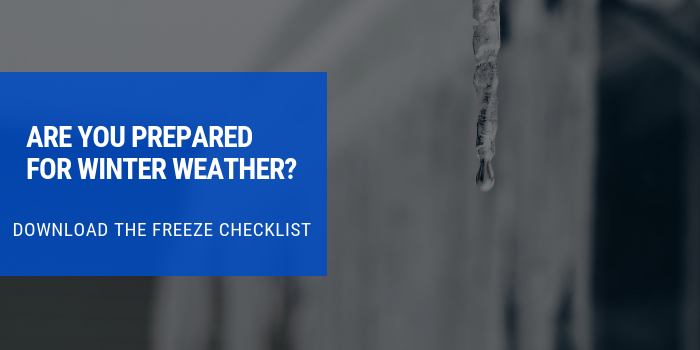In Oklahoma, the start of the fall season signals a relief from the blistering hot temperatures we normally experience during the summer. But with the change in weather comes dropping temperatures and a danger of freezing pipes.
One of the worst things that can happen to a property manager is to be notified in the middle of the night that a pipe has burst and has flooded an entire complex. But during a winter season not too long ago, for a property manager of a nursing home with whom we worked, that’s exactly what happened.
Due to miscommunication between a facility director and the property manager, no one has scheduled or performed the proper maintenance on the facility's fire protection system. As a result, a pipe frozen and burst in an elderly woman’s apartment when the outdoor temperature dropped below freezing. Not only did it flood the woman's room, but it also ruined many of her belongings, costing thousands in damages. The senior living center had to deal with the impending lawsuit from their tenant, while also trying to figure out how to fix their pipe system to make sure that this situation didn’t happen again.
.png?width=700&name=FPS%20Article%20Graphics%20(10).png)
Are You Prepared For Winter Weather?
Download The Freezing Pipes Checklist
We understand that the winter season is a tough time for property managers.
Often, the weather drops near the end of the fiscal year. Turnover rates may be higher during this season, and there’s a whole host of other issues you need to take care of. However, if you’re not careful, overlooking your pipe systems can quickly become the most expensive seasonal surprise.
We can’t tell you the number of times we've heard about or seen crazy experiences like the story above. In fact, we've been involved in multiple situations where property owners forgot to schedule their end-of-summer maintenance in preparation for the winter season and suffered a catastrophe.
These situations ended up being costly fiscally and for the companies' relationships with their workers and clients. There are two important areas for which you should be on the lookout to avoid catastrophe: bad budgeting and seasonal turnover.
Bad Budgeting
When you evaluate your end-of-year budgets, life safety systems are often relegated to the back burner. It’s much easier to justify an upgrade to the aesthetics of a building or installing a new HVAC system than it is to spend money on preventative measures. It's no surprise that the aspects that attract customers or tenants get the most attention. This is especially true if your fiscal year is right before or during the winter months when your budget is its tightest.
Although 99% of the time your life safety systems are only in use during an emergency, they need to be maintained regularly so that they're in working condition when you do need them.
Unfortunately, as we shared above, neglecting your regular system maintenance can end up being much more expensive than periodic upgrades and routine inspections.
Seasonal Turnover
An indirect symptom of the winter months that can lead to scheduling oversights is team member or facility director turnover.
No matter your business, there's a learning curve with new employees. Each building has unique challenges and characteristics when it comes to cleaning, repairing, and maintaining the building. Scheduling periodic maintenance tasks, like inspecting your life safety systems, may fall through the cracks if a previous director didn't pass on the information to the new director.
As winter approaches, the new director may have no idea about the current state of these systems. If they don't happen to think about winterizing the building's pipes, then it's not likely that they'll schedule their maintenance appointment before the conditions for a burst pipe occur.
An easy, although temporary, fix is to have the facilities team visually check the pipe systems regularly. Although this will not always indicate if there is a problem, seeing visible condensation or a leak does serve as a warning that there may be underlying issues that need professional attention.
.png?width=700&name=FPS%20Article%20Graphics%20(11).png)
The best way to avoid issues during the winter season is to always be proactive with your life safety systems. This means professional installation, maintenance, and service on a consistent schedule, not just when there’s an issue.
Budgeting for life safety system inspections and upgrades and providing adequate training for new team members will drastically decrease your chances of experiencing a burst or frozen pipe. During the winter season, always remember: don’t just try to save a dollar, save a life.



